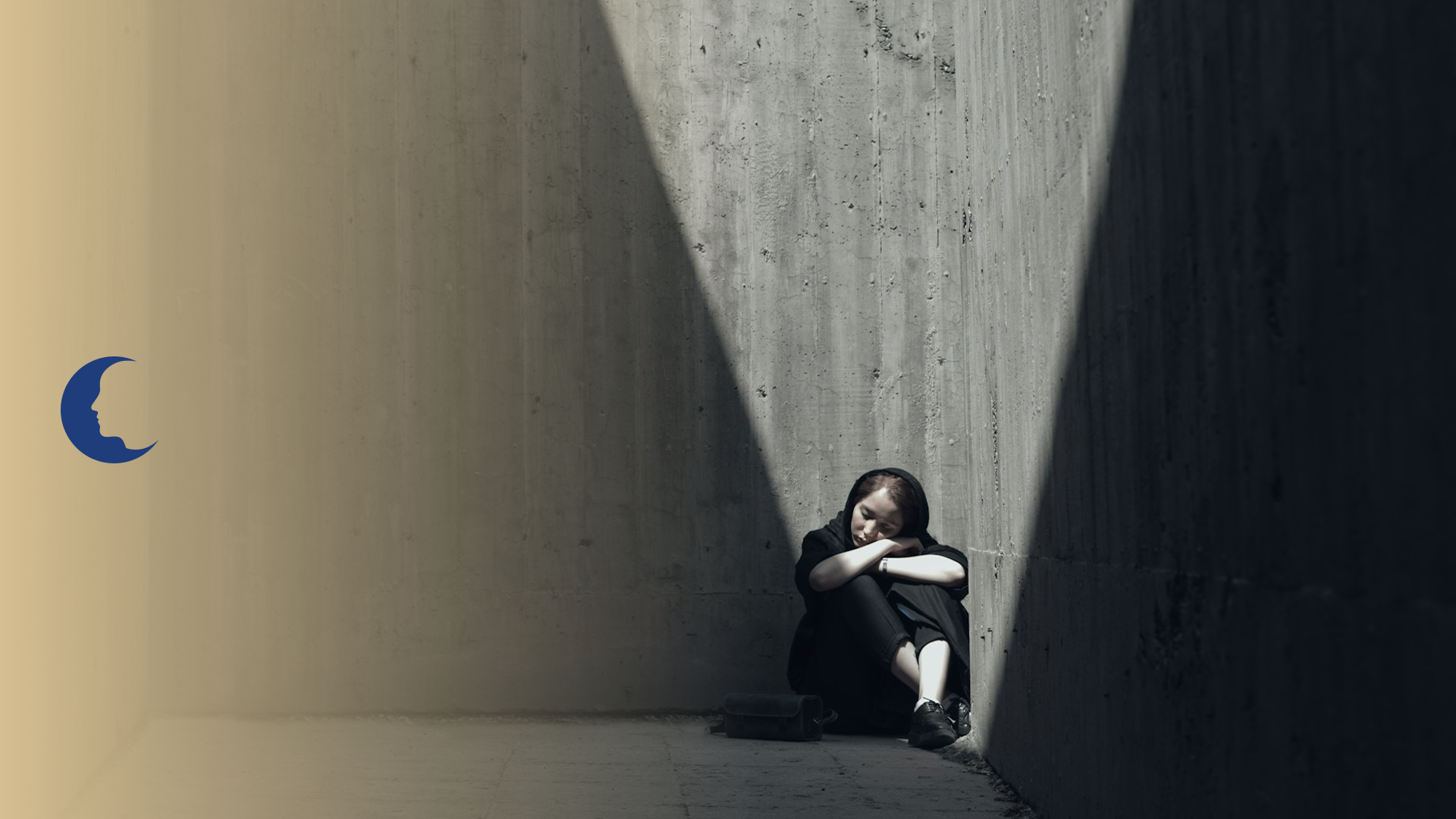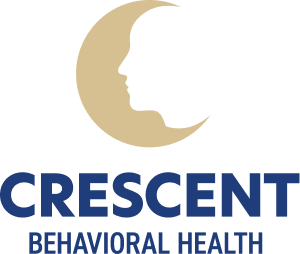It’s common to feel exhausted, unmotivated, or emotionally drained when life gets overwhelming. But how can you tell if what you’re experiencing is depression—or if it’s burnout? While the two conditions share similarities, understanding their differences can help you get the right kind of support.
What Is Burnout?
Burnout is a state of emotional, mental, and physical exhaustion caused by prolonged stress, often related to work or caregiving.
Signs of burnout include:
- Feeling constantly drained or overwhelmed
- Difficulty concentrating or being productive
- Increased irritability or frustration
- Loss of motivation in your job or responsibilities
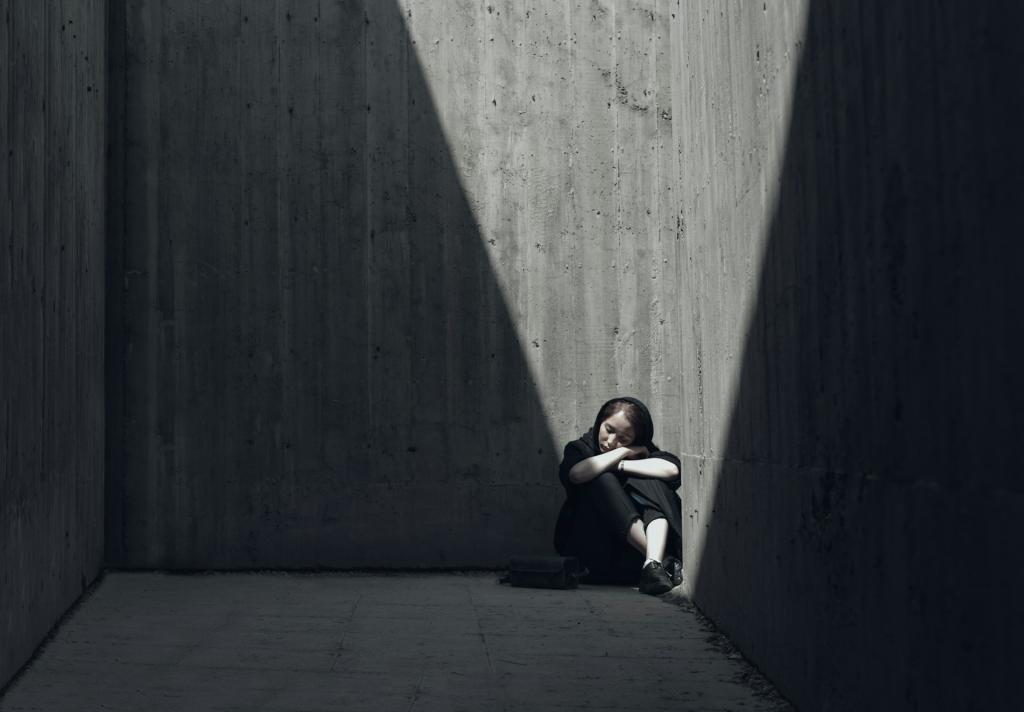
What Is Depression?
Depression is a mental health disorder that goes beyond temporary stress or fatigue. It can affect every area of life and often requires professional treatment.
Signs of depression include:
- Persistent sadness or emptiness lasting more than two weeks
- Loss of interest in activities once enjoyed
- Changes in sleep or appetite
- Feelings of worthlessness, hopelessness, or guilt
Key Differences
- Source: Burnout is usually tied to external stress (like work). Depression may arise without a clear external cause.
- Duration: Burnout can often improve with rest and lifestyle changes, while depression typically requires medical or therapeutic care.
- Impact: Depression tends to affect all areas of life, while burnout is often specific to work or caregiving.
When to Seek Help
If you’re unsure whether you’re experiencing burnout or depression, professional guidance can make a big difference. Our clinic provides diagnostic evaluations, therapy, and medication management to help you understand what’s happening and find the right path forward.
Takeaway: Whether you’re struggling with burnout or depression, you don’t have to face it alone. Contact us today to learn how we can support your journey toward healing.

